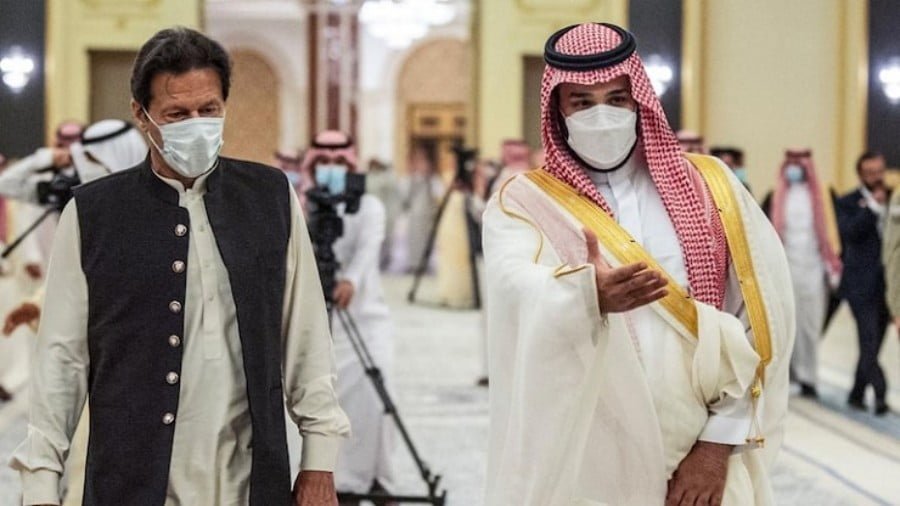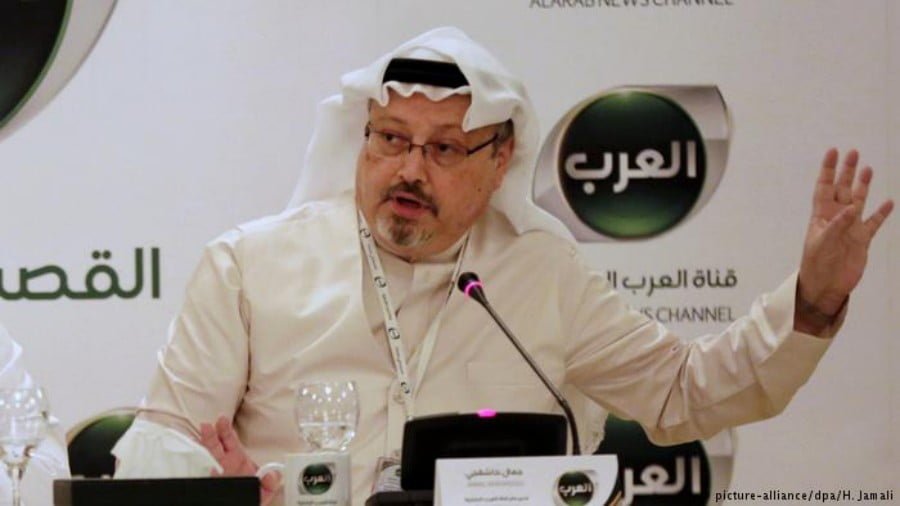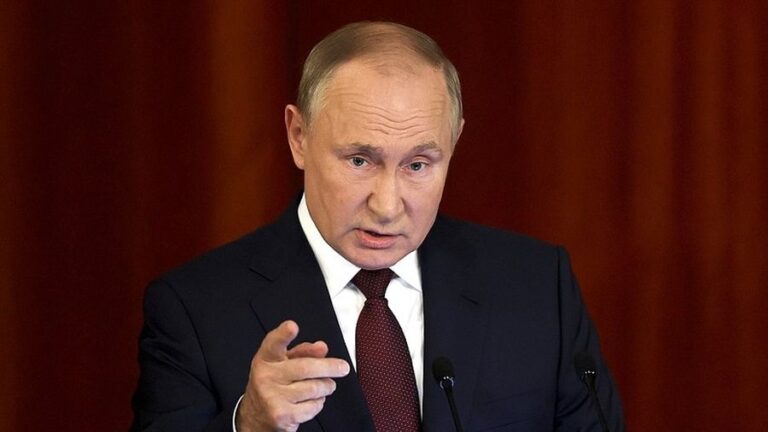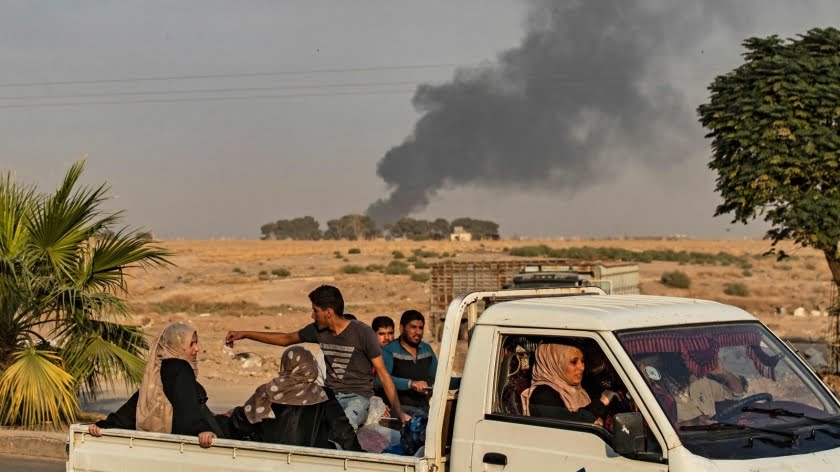Rebirth of a Strategic Partnership between Saudi Arabia and Pakistan
During a three-day visit to Riyadh in early May, the prime minister of Pakistan, Imran Khan together with his top military official Qamar Javed Bajwa confirmed Islamabad’s decision to revive the strategic alliance between Saudi Arabia and Pakistan.
Khan’s meeting with Saudi crown prince Muhammad bin Salman Al Saud resulted in a number of agreements getting signed on the restoration of bilateral ties between the states, that had previously been complicated by disagreements over Kashmir. Among them were deals on cooperation in the field of nuclear energy, intelligence sharing, special forces training, and oil assistance.
In accordance with the provisions of the signed memorandum of understanding between the states, a council on further cooperation is going to be established that will be entrusted with the task of developing a comprehensive rapprochement roadmap. To implement their joint plans, the countries will need to employ at least ten million workers over the next decade, with the majority of them coming from Pakistan, effectively elminating the problem of unemployment for Islamabad. Riyadh has vowed to allocate 500 million dollars from the Saudi development fund, which will be spent on the construction of hydroelectric, desalination and infrastructure projects in Pakistan.
Pakistan and Saudi Arabia used to share well-established military, political and economic ties dating back to the 1960s . The importance of Pakistan’s geographic position, the important role that Pakistani workers play in the Persian Gulf countries (according to the Pakistani media, there’s over 1.5 million labor migrants working in Saudi Arabia), as well as the military ties make this country a close ally of Saudi Arabia. In the late 60s, Islamabad supported the creation of the KSA national guard. Both countries shared a similar position on the issue of the Afghan war back in the 1980s, both providing financial and military support to the Mujahideen movement. In 1998, Islamabad conducted its first nuclear test and Riyadh full-heartedly supported this step. In 2001, it was Riyadh’s intervention that enabled the withdrawal of the decision to execute the former prime minister Nawaz Sharif on charges of high treason that was issued by the Supreme Court of Pakistan. It’s noteworthy that the above mentioned nuclear tests were conducted during Sharif’s second term, which partially explains why the Saudi monarchy would grant him political asylum.
Relations between Pakistan and Saudi Arabia received an additional boost with one of the largest political parties in Pakistan – the Pakistan Peoples Party (PPP) taking power in 2008-2013. Back then the party shared common views on regional and international issues with the Saudi royal family, which resulted in the common drive to further expand the strategic partnership between the two countries and sign a free trade agreement.
However, this cooperation came to a screeching halt over a year ago over the situation Kashmir, as Islamabad under the weight of its financial obligations to Beijing, turned to Saudi Arabia with a request to mobilize the Islamic world against New Delhi. However, Riyadh (as a partner of the United States) chose to support India on this issue, and in February 2020, Saudi Arabia rejected Pakistan’s request to convene a special meeting of the Council of foreign ministers of the Organization of Islamic Cooperation, a union of 57 Muslim countries led by Saudi Arabia. Nevertheless, Iran, Turkey and Malaysia were happy to support Pakistan. But the disagreements came at a price, as Islamabad immediately lost 20 billion dollars in loans, which were pledged to be invested in the Pakistani economy by prince Mohammed bin Salman Al Saud back in 2019, in particular, in the construction of a petrochemical complex in Gwadar. At the same time, at the end of 2020, the UAE suspended the issuance of work permits for Pakistani citizens.
To understand the severity of the financial losses that Islamabad suffered, it is necessary to take into account that at that time almost 1.5 million Pakistanis were earning a living in the UAE, with the total number of Pakistani citizens living in the member countries of the Gulf Cooperation Council (GCC) exceeding 5 million. Although Riyadh did not suspend work permits, it kept this matter open for discussions while demanding Islamabad to return the loan of 6.2 billion dollars that Saudi Arabia provided in 2018. Beijing tried to “outbid” Riyadh by providing a billion dollars loan to Islamabad in early August 2020, so that Pakistan could return a portion of the Saudi loan. However, this step failed to save Islamabad, as its government reported a budget deficit of 45% last year, which in approximation exceeded 19 billion dollars. In addition, the implementation of the CPEC (China-Pakistan Economic Corridor) infrastructure project was stalled due to the fact that China was still recovering from the pandemic, and Pakistan was barely keeping its head above water.
In addition, with Biden taking office the withdrawal of American troops from Afghanistan became imminent, Washington has started paying more and more attention to Islamabad. This resulted in both the US and UK undertaking conserable efforts to sway the Pakistani military into mending the broken ties with Washington and the Arab world. Washington’s aspirations on this issue are clear, as it urgently needs assistance from Pakistan to facilitate the withdrawal of its troops from Afghanistan. As a result, Pakistan has softened its stance on the Kashmir issue considerably. The terrorist attack at the Serena Hotel in Quetta, the capital of Pakistan’s Balochistan province, on April 21, 2021, which resulted in five people killed and twelve more injured, that was launched minutes away from the arrival of the Chinese ambassador was meant to serve as a warning to Beijing that it could not feel safe in Pakistan anymore.
In the end, Saudi Arabia, in a bid to please its allies overseas, “forgave” Pakistan and greeted its politicians as close relatives that returned home after a long journey in search for a better life. Moreover, Saudi Arabia and the UAE announced that Pakistan wouldn’t have to repay its loans until this year, while Riayd will be happy to resume the implementation of the infrastructure project in Gwadar. The newly appointed ambassador of Pakistan to Saudi Arabia, General Bilal Akbar, will now be responsible for coordinating defense and strategic cooperation between the two countries.
All through Imran Khan’s visit, his pictures were on the covers of all major newspapers of the peninsula, that were covering the visit as if it was an event of exceptional historical importance, while making it clear that investments are bound to save Pakistan, while it will be tasked with establishing peace in Afghanistan.
This rapid reconciliation between the two countries is certainly based on mutual benefits that outweigh their political differences. For Riyadh, strengthening its partnership with Islamabad will, above all, secure its long-term investments in a friendly state, while allowing Mohammed bin Salman to excpect favors from the White House. As for the Pakistani elites, they had to sacrifice their principled stance on the Kashmir, but they received a reconciliatory drive with its old partners in exchange, which led to the signing of new treaties with the rich Middle Eastern states.
Therefore, after the historical visit of Prime Minister Imran Khan to Saudi Arabia, Pakistan’s foreign policy course is bound to change.







